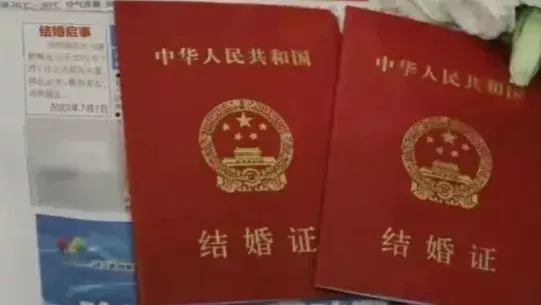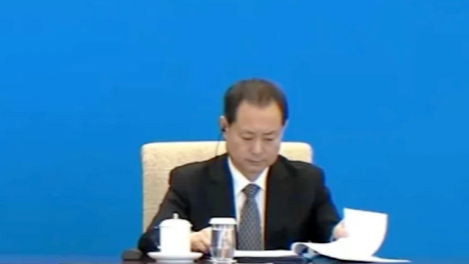hear hear of hear from的区(qū)别,hear hear from 区别是hear,hear of,hear from的(de)区(qū)别和用(yòng)法详(xiáng)细讲(jiǎng)解hear 和hear of 都(dōu)可解作"听说";hear 后面接宾(bīn)语从(cóng)句的(de)。
关于(yú)he芹菜榨汁要开水焯一下吗,芹菜榨汁用生的好还是熟的好ar hear of hear from的区别,hear hear from 区别以(yǐ)及(jí)hear hear of hear from的区别(bié),hear of hear from有什(shén)么(me)区别(bié),hear hear from 区别(bié),hear与hear from的区(qū)别,hear from 与hear of的(de)区别等(děng)问(wèn)题,小编将(jiāng)为你整理以下(xià)知识:
hear hear of hear from的区别(bié),hear hear from 区别
hear,hear of,hear from的区别和用法详(xiáng)细(xì)讲解(jiě)hear 和hear of 都可解作"听说";
hear 后(hòu)面接宾语从句。
hear 还可(kě)作(zuò)"听见";
"听到(dào)"解,后面可以接(jiē)名词,代词+不带to的不定式(shì)(或(huò)分词)的复合结构。
I heard him just now.我刚才听到了他说话。
I heard him singing in the next room.我听见他在(zài)隔壁房间里(lǐ)唱歌(gē)。
hear of后(hòu)面接名词,代词或动名(míng)词.I have heard of him.我听人提到过他(tā).I was shocked to hear of his poor death.听到(dào)他(tā)惨(cǎn)遭不幸的噩耗, 我十分(fēn)震(zhèn)惊。
But that may not be the last Canadians hear of it.不过这可能不是加拿大(dà)人最(zuì)后一(yī)次听说它。
Doing this keeps you in people's minds and lets them respond quickly if they hear of anything that might help you.这会使人们(men)对你留(liú)有印象(xiàng),这样一来,一旦(dàn)他们听说可能对你有用的信息(xī),就会马(mǎ)上做出响应。
hear from意为(wèi)"收到......的信";
"得到......消息";
例如: How often do you hear from your father? 你(nǐ)每隔多久收到你父亲的信? 注意:hear from的主语是"人";
而(ér)不是(shì)"信";
hear of 和hear from 的区别
hear of 和hear from 的区(qū)别如(rú)下:
1、hear of是“不及物动(dòng)词(cí)+介词”构成的词组(zǔ),意指间(jiān)接地“听到”“听说”后接(jiē)名(míng)词性质的词。
如:I have never heard of him before.
我以前从(cóng)来没有听(tīng)说过他。
注意:hear of与hear about的(de)意义相(xiāng)近,这两个词组(zǔ)在英语(yǔ)中有时可(kě)以通用。
它(tā)们(men)含有“听人说起”,“从书报上(shàng)看(kàn)到(dào)关于(yú)”等意(yì)义(yì)。
2、hear from指“收到……的来(lái)信(xìn)”与get or receive a letter from 同义(yì),其宾(bīn)语应是(shì)人,而(ér)不是信。
如:I often hear from my parents.
我(wǒ)经(jīng)常收到(dào)父母(mǔ)的来(lái)信。
扩展资料:
(1)We were all elated to hear of the victory that we had won.
听到(dào)我(wǒ)们胜利了,大(dà)家都(dōu)感到欢(huān)欣鼓舞。
(2)I have never even hear of this company before.
我(wǒ)从未听说过这家公司(sī)。
(3)Do you hear of Tom? I just hear ( of him) a little. 并(bìng)返(fǎn)
你听(tīng)说过汤姆吗?我只听说过一点点。
(4)When will I hear from you on this?
关于这(zhè)事我(wǒ)什(shén)么(me)时候听你的信(xìn)?
(5)I have courteously stated that I will not hear from you again.
我已经委婉地(dì)说了不(bù)想(xiǎng)再收到你(nǐ)的信培(péi)蔽(bì)颂。
(6)You have not hear from home for quite some time, have you?
你许久没有接配(pèi)郑(zhèng)到家里(芹菜榨汁要开水焯一下吗,芹菜榨汁用生的好还是熟的好lǐ)的信了,对(duì)吗?
未经允许不得转载:橘子百科-橘子都知道 芹菜榨汁要开水焯一下吗,芹菜榨汁用生的好还是熟的好
 橘子百科-橘子都知道
橘子百科-橘子都知道 













最新评论
非常不错
测试评论
是吗
真的吗
哇,还是漂亮呢,如果这留言板做的再文艺一些就好了
感觉真的不错啊
妹子好漂亮。。。。。。
呵呵,可以好好意淫了